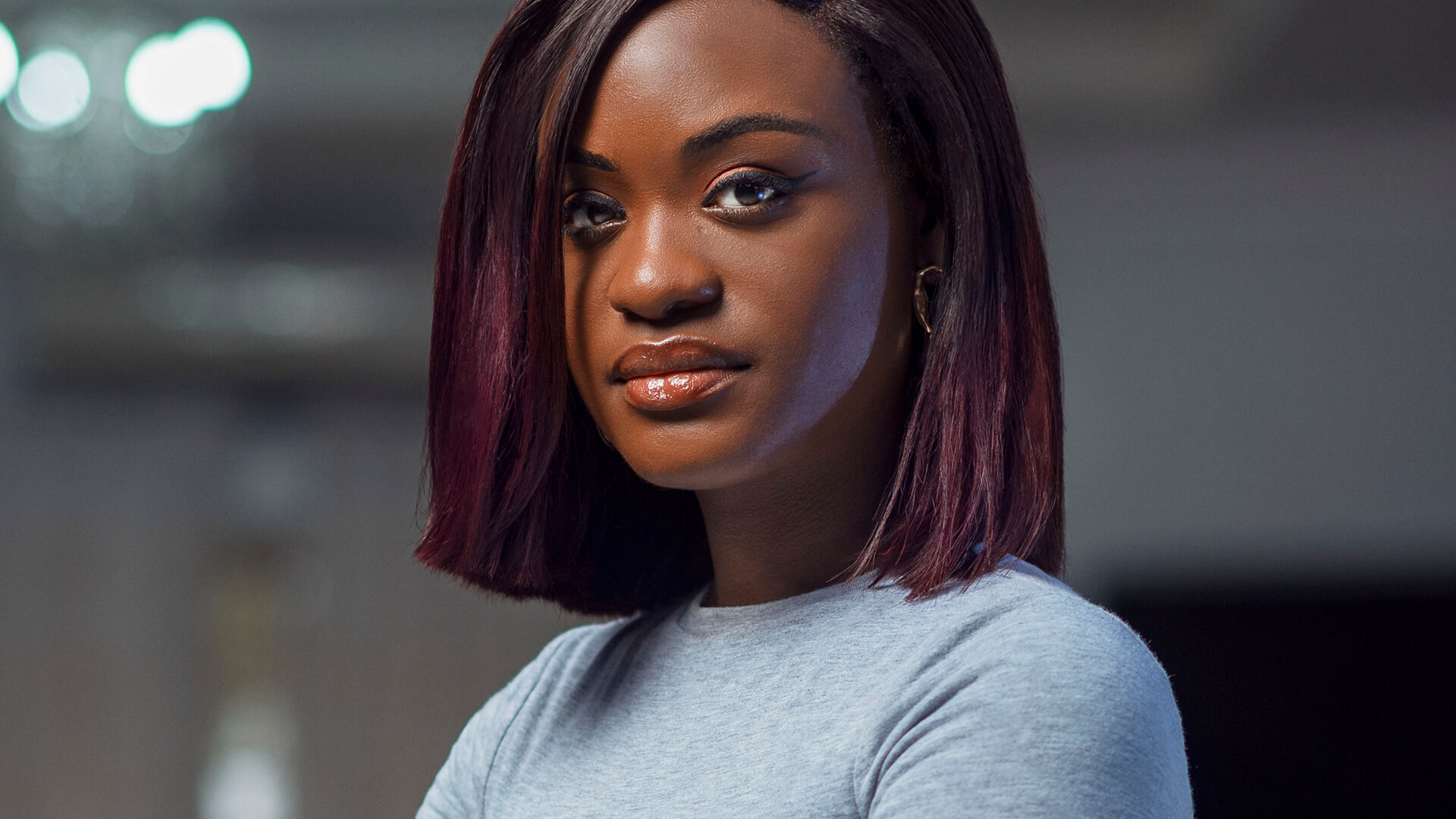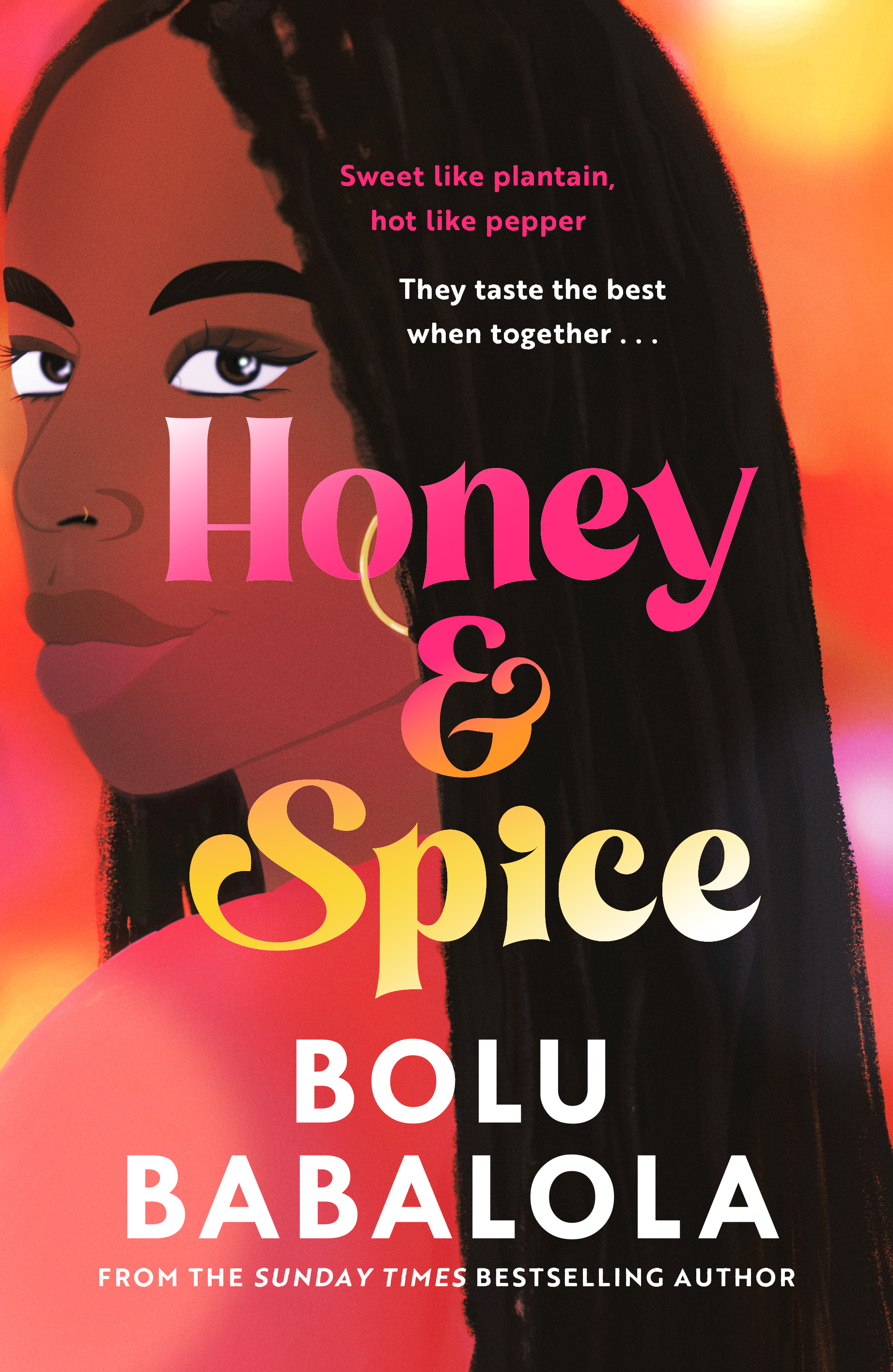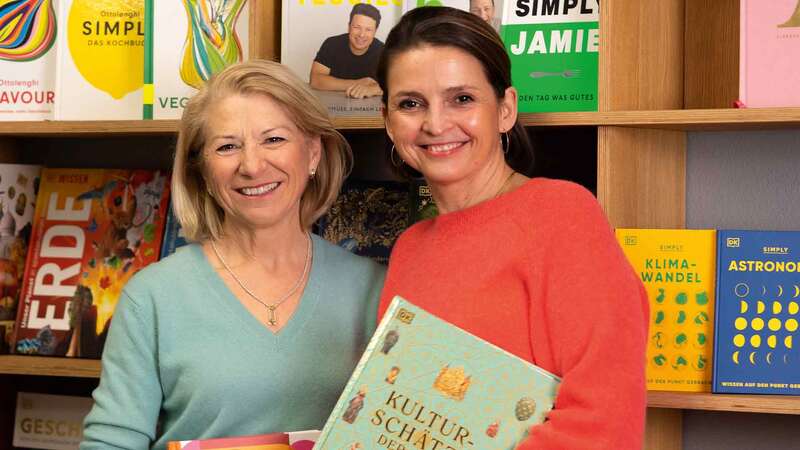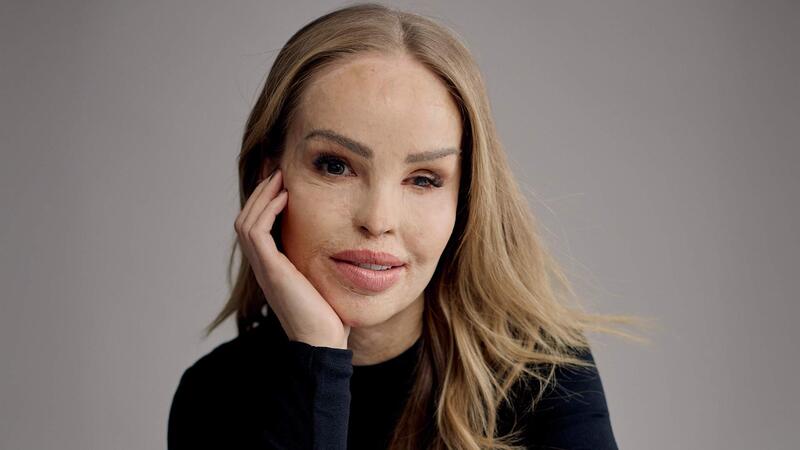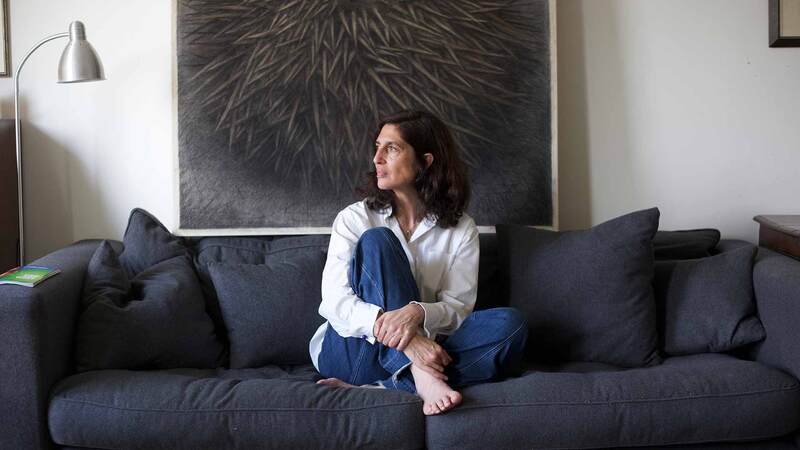You are viewing your 1 free article this month. Login to read more articles.
Bolu Babalola in conversation about-her romance debut
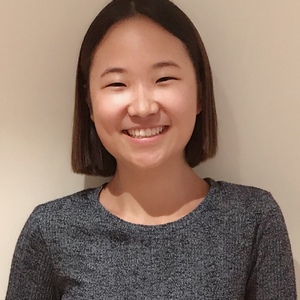
MA Magazine Journalism student at City University
Members of a university Afro-Caribbean Society navigate relationships and heartbreak in Bolu Babalola’s romance début.

MA Magazine Journalism student at City University
In the Yoruba language, “I am happy” can be translated to “my inside is sweet”, Bolu Babalola tells me. The relationship between food and feelings, particularly love, is central in her début romance novel, from its very title Honey & Spice, and its publicity material: “Sweet like plantain, hot like pepper, they taste best when they’re together.” Babalola explains that honey and pepper are used in traditional Yoruba ceremonies: “That’s part of me culturally, and it’s something that I didn’t even think about, it just naturally came out in my writing.”
Honey & Spice tells of the members of the Afro-Caribbean Society at the fictional Whitewell College as they navigate relationships and heartbreak. Sharp-tongued Kiki hosts the radio show “Brown Sugar”, giving relationship advice to her listeners. Kiki is cautious, she never allows herself to get close to any guy, until she meets the handsome and charming Malakai. When circumstances force them into a fake relationship, how long can they keep up the pretences before they develop real feelings for each other?
Honey & Spice is the book that Babalola has always wanted to write, she tells me over the phone while walking home from an appointment (the multi-hyphenate author, screenwriter and journalist has a busy life). She explains: “I think it was maybe the second idea I had for a novel, but also something that has been with me for a long time, as it’s based loosely on my own experience.”
Babalola was born in Southwark to Nigerian Yoruba parents and grew up in East London. She was always meant to be a writer: “I’ve written since I was literally seven years old, [so a] writer wasn’t something that I chose to be. But I did choose to work on my craft, I did choose to study it, I did choose to be very meticulous about it.” She says she is currently inspired by contemporary authors such as Raven Leilani and Akwaeke Emezi, and literary giants like Toni Morrison and Jane Austen.
I want to always create things that I love and things that bring people joy
After a law degree at the University of Reading and a masters in American politics and history at University College London, Babalola moved into TV and journalism, working for the BBC and writing for a number of publications like Vice, Stylist and Vulture. Last year, a pilot comedy show she created, wrote and executive produced, “Big Age”, was shown on Channel 4. All the while she was working on her fiction and in 2016, her short story “Netflix and Chill” was shortlisted for the Guardian and 4th Estate BAME prize. She has become a top cultural commentator, both in her written work and on social media (she currently has 120,000 Twitter followers), and was named in the 2020 The Bookseller 150, the annual ranking of the most influential people in books.
Though the university is not a very common setting for romance novels, to Babalola it provided the perfect context to her story. “I find it to be a very pivotal time in our lives, but it’s a time that isn’t often explored. We see high school and then we see adulthood, we rarely see the transition from 18 to 21 where we’re adults, but we still feel like kids. Mix in romance, and it just makes it so much more interesting [when] something is solidifying into something that could be real. I wanted to explore this part of my life, and I wanted to write something for those young women who feel like there is no romance that really talks about that experience.”
The novel is informed by her own experience at university, especially at her Afro-Caribbean Society. “I came to uni and as a Black woman, I was made to feel like a minority and was excluded from some things. I was looking for a place that I could call home, looking for some familiarity, and I found that in the Afro-Caribbean Society, where I met a lot of my friends.”
She thought Honey & Spice would be her first published book, but her romance short story collection Love in Colour (Headline)—in which she rewrote classical folklore and mythical love stories— was pre-empted by Headline while she was preparing the novel for submission. She was resistant to publishing her short story collection first. “I said no like three times because I’m very single-minded, and I was thinking, I want [Honey & Spice] to be my thing, this is my biggest thing I’ve been working on for ages and this is just my heart.”
Though the publishing order of her two books didn’t go exactly to plan, she was happy with the result. It didn’t hurt that Love in Colour was a hit, and shortlisted for the Waterstones’ Book of the Year. “The more I thought about it, the more it makes sense. It seemed like a perfect way to introduce my voice into the world. It showed what I could do and so allowed the space for Honey & Spice to come out second.” She devoted the extra time to making Honey & Spice as polished as possible. “I’m really glad it took so long to find this place to come out. I started writing it when I was 26 and now I’m about to turn 31. At that time in your life, you go through a lot. My ideas got honed and I was able to pull that newly acquired wisdom and newly acquired skill and craft into my work.”
Extract
The bar was steamy and dusky, smelling like Hugo Boss, Victoria’s Secret body sprays, Brazilian bundles toasted straight and the chemically floral-scented melange of hair products. Grease, spritz, gel and mousse used to primp to perfection. Amber and umber lights lit up the dark and saw twilight and sunset finding a home in heavily moisturised brown skin, making it glow with delicate force. The music seemed to make the walls of the old university bar pulsate, like it wasn’t already thrumming with the energy of around a hundred-odd kids overstuffed into its every crevice and cranny, waved on cheap vodka and dark liquor and arrogance, the kind of arrogance you get intrinsically when you’re young and fine. Guys with sharp shape-ups. Girls in dresses that flaunted their curves. Both feeling confident that they were likely to find someone to feel them as much as they were feeling themselves.
This was our kingdom, where we came to unwind, escape, put our defences down every Friday after a week of our housemates, Ellie and Harry, asking us where we were from-from. This wasn’t the main student union party, where we had to have our shoulders braced and brows pre-arched as certain people who were so used to having access to the whole world, couldn’t comprehend the cordoning off of one little peninsula and dropped ‘nigga’ like the ‘-a’ wouldn’t curdle into an ‘-er’ in their mouths when they were rapping along to Kanye. If we got into a fight, it would be us that got kicked out, like we were the ones who started it—like this particular fight hadn’t started a long, long time ago and it was proven, irrevocable, historical fact that we weren’t the ones to throw the first punch. Nah. None of that.
This was our space.
FreakyFridayz.
What about TV rights for the book? Babalola is tight-lipped about the subject, but says cryptically: “I’m a screenwriter as well.” She says she is currently working on multiple projects that she can’t tell me about, but there will be a sequel to Honey & Spice: “I want to always create things that I love and things that bring people joy.”





